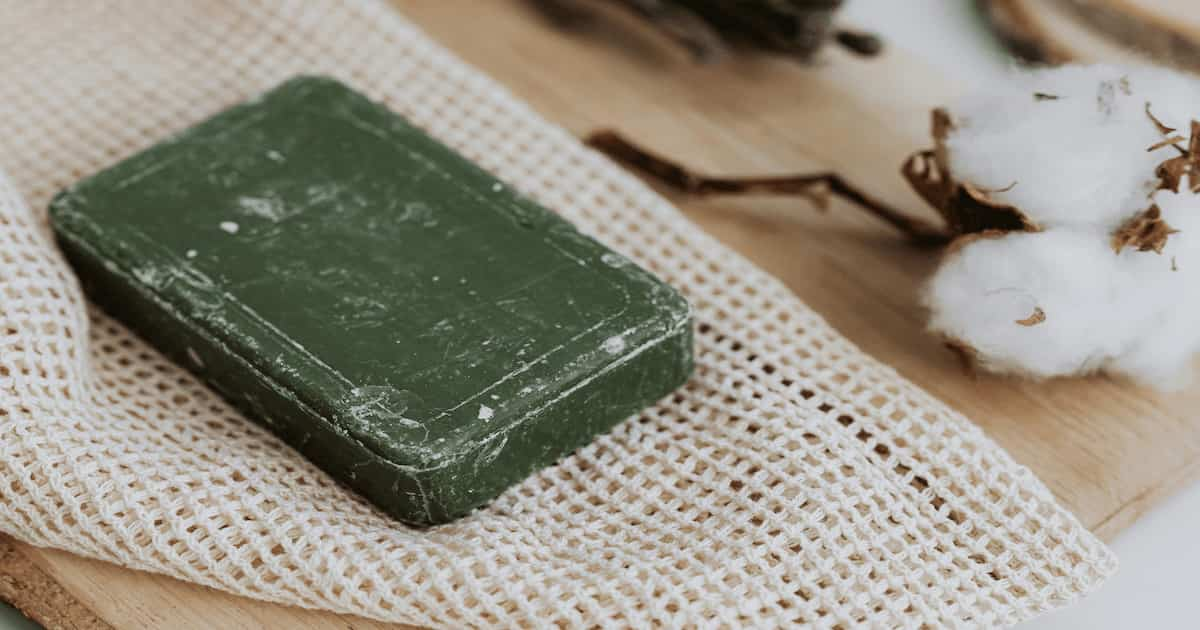Ever noticed how some people in treat handwashing like it’s an Olympic sprint? A quick sprinkle of water, maybe a shake, and they’re out—no soap in sight. It’s the kind of thing that makes you shudder, especially when their next destination is the communal sushi platter.
The humble soap exists to save the day (and our hygiene). Whether you’re scrubbing your hands, taking a relaxing bath, or reading the writing on the wall after being gifted soap yet again for your birthday... one word ties it all together—sekken, 石鹸 (せっけん).
The meaning of 石鹸
「石鹸」(せっけん) sekken, is the traditional Japanese word for "soap", and is an essential vocabulary word for everyday life and the JLPT N5. It can be used in any context, written or verbal, casual or polite.
Breaking down 石鹸
石
stone
鹸
saltiness
石鹸
soap
At the JLPT N5 level, you're not likely expected to be super familiar with the kanji reading of 'sekken', however, learning more about the kanji can be a hint for if you do encounter this world in the wild.
Soap chemically is a salt, and hand soap is typically formed into hard rock-like shapes. So combining the meanings of the kanji, stone and salt, you have soap! Hopefully this fun-fact may serve as a useful visual mneumonic.
Example sentences
石鹸が ありません。
There's no soap.
石けんで 手を 洗いなさい。
Wash your hands with soap.
石けんを ください。
Please pass the soap.
お風呂で ___を 使いました。
I used soap in the bath.
石鹸 vs ソープ
In Japanese, both 「石鹸」(せっけん) and 「ソープ」 mean "soap" and can be used interchangably, but there's maybe a slight nuance to the usage.
「石鹸」, the traditional word for soap usually brings to mind solid bar soap. Though its usage is not neccessarily limited to just that.
「ソープ」, borrowed from English on the other hand, could tend to refer to liquid soap or imported products. It’s got a modern, trendy vibe and is maybe more familiar with younger generations. You may also see it paired with other borrowed words such as bodysoap (ボディーソープ) and handsoap (ハンドソープ).
ボディーソープは どこ ですか?
Where is the body soap?
